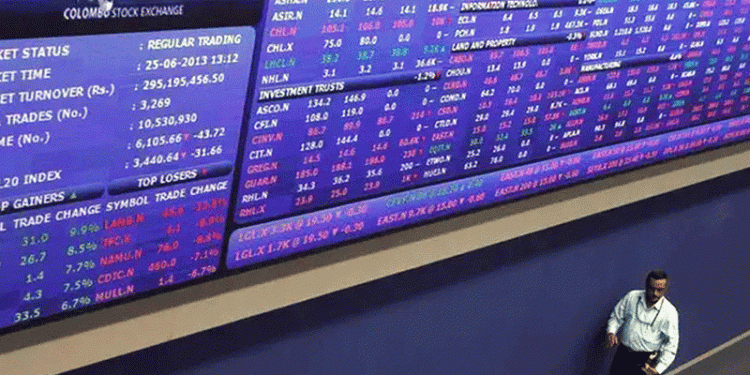NEW YORK: The US dollar hit fresh 2018 highs on Tuesday on safe-haven demand amid conflicting accounts of whether President Donald Trump will scotch a nuclear accord with Iran, while oil gyrated over the potential for U.S. sanctions against the country.
The New York Times reported that Trump had told French President Emmanuel Macron that he was going to pull out of the international agreement but the French presidency said the U.S. leader gave no indication of a decision on Iran.
In answer to a Reuters question, Macron’s office denied the Times story. Trump is expected to make an announcement on the future of the Iranian deal at 2 p.m. (1800 GMT) on Tuesday.
Oil prices dived as much as 4 percent after a CNN report raised doubts about whether Trump would impose sanctions as quickly as the market had expected, a decision that would reduce global crude supplies and feed tensions in the Middle East.
U.S. crude fell 2.93 percent to $68.66 per barrel and Brent was last at $74.28, down 2.48 percent on the day.
U.S. and European equity markets mostly edged lower, weighed by technology and consumer discretionary stocks, as investors awaited Trump’s decision.
A U.S. withdrawal from the multination accord could impact Iranian crude exports and also fan geopolitical tensions in the Middle East, home to one-third of the world’s daily oil supply.
“There’s uncertainty as to what the announcement will be at 2 o’clock,” said John Carey, portfolio manager at Amundi Pioneer Asset Management in Boston.
“If there is an announcement by the president that we’re withdrawing from the Iran nuclear deal, people will wondering what impact that will have on oil prices,” he said.
The dollar index, which tracks the greenback against a group of six major trading currencies, has surged about 4.5 percent in three weeks as hopes were dashed that other major central banks would follow the U.S. Federal Reserve in normalizing monetary policy.
The euro and sterling fell under renewed pressure, the former on prospects of early elections in Italy and the latter as hopes waned of a Bank of England rate increase this week.
“The dollar reflects the incremental economic strength of the U.S. versus Europe and other places,” said Jack Ablin, chief investment officer and founding partner at Cresset Wealth Advisors in Chicago.
“The dollar is somewhat undervalued relative to the euro and the pound but it is very overvalued relative to the Japan yen.”
The euro fell 0.36 percent against the dollar to $1.1877 , the lowest since December. Against the yen, the dollar pared gains to slip 0.03 percent to 109.05 per $1.
MSCI’s gauge of global equity markets fell 0.14 percent while the pan-European FTSEurofirst 300 index rose 0.04 percent to close at 1,528.27.
The Dow Jones Industrial Average fell 73.68 points, or 0.3 percent, to 24,283.64. The S&P 500 lost 9.12 points, or 0.34 percent, to 2,663.51 and the Nasdaq Composite dropped 22.88 points, or 0.31 percent, to 7,242.33.
Italian government bond yields jumped, lifting southern European peers, as the possibility of an early election increased with the largest anti-establishment parties polling strongly.
The Italy/Germany 10-year government bond yield spread hit its widest in three weeks at 128 basis points, while Italian 10-year yields shot up to yield 1.863 percent.
Benchmark U.S. Treasury 10-year notes last fell 9/32 in price to yield 2.9854 percent.
Source: Brecorder


























